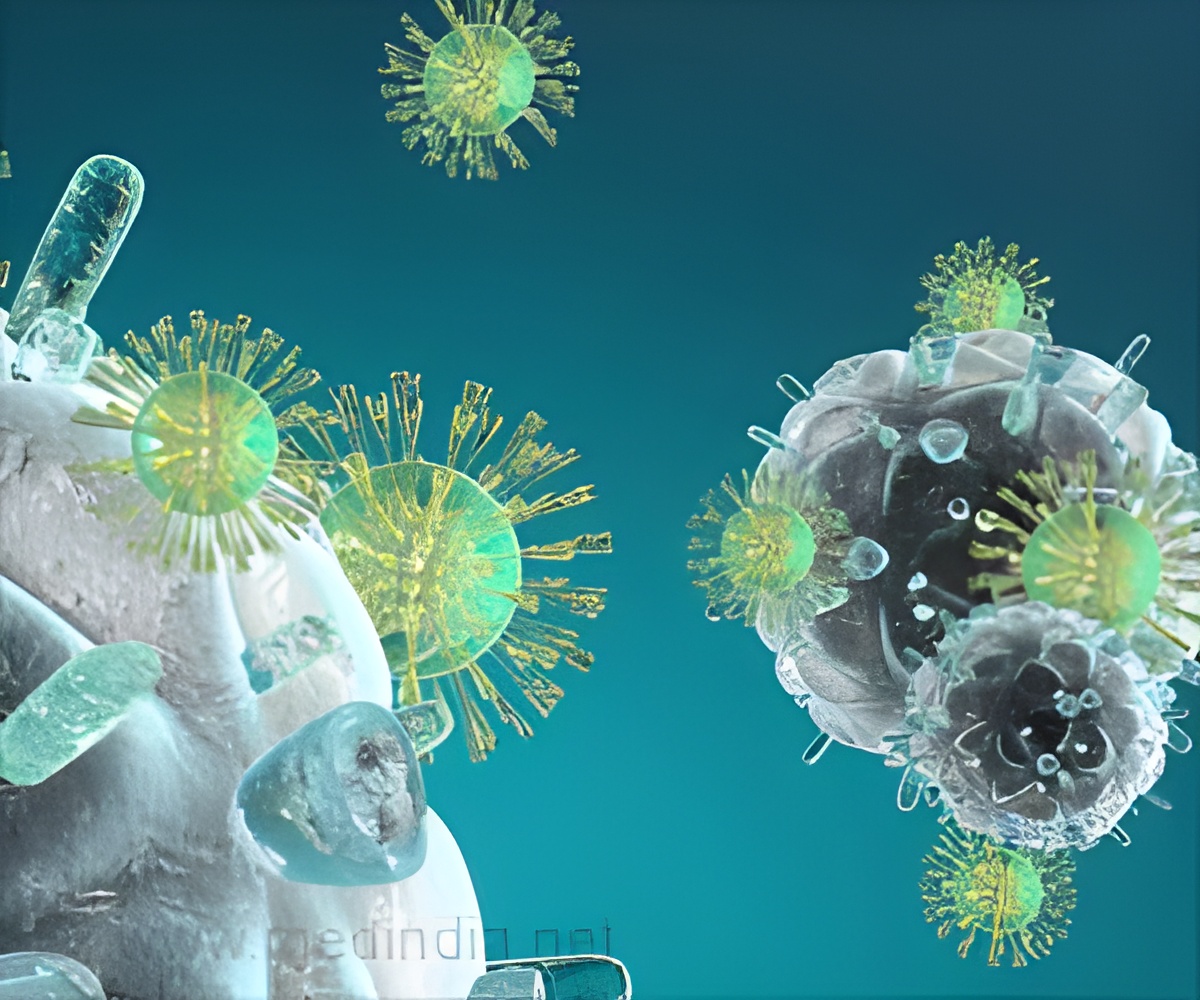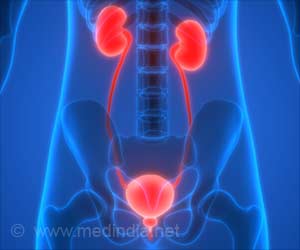A new study explored the link between T immune cells in ill patients and mortality risk.

‘In patients admitted for intensive care researchers identified increased relative blood levels of ChAT+ T cells were linked to decreased risk of death. ’





“We now show that human T cells can also release acetylcholine,” says the study’s joint first author Laura Tarnawski, assistant professor at the Department of Medicine (Solna), Karolinska Institutet. “This corroborates previous findings in different model systems and may contribute to the development of treatments for cardiovascular disease and inflammatory diseases.”
How Can Acetylcholine Improve Blood Pressure and Inflammation?
Acetylcholine also plays a vital role as a neurotransmitter in the brain and nervous system, but the researchers are particularly interested in its role in inflammation.“We’re interested in how the brain communicates with the immune system, which is something we still know relatively little about,” says the other first author Vladimir Shavva, assistant professor at the same department. “Our new study shows that acetylcholine in the blood can be secreted by immune cells, which can regulate inflammation in the blood vessels.”
“Our findings are of clinical interest and could contribute to new diagnostic and therapeutic opportunities for seriously ill patients with excessive inflammation,” says principal investigator Peder Olofsson, senior researcher at the Department of Medicine (Solna).
The group now plans to map the presence of ChAT+ T cells in different patient groups and different organs, and how they affect metabolic and inflammatory processes.
Source-Eurekalert















